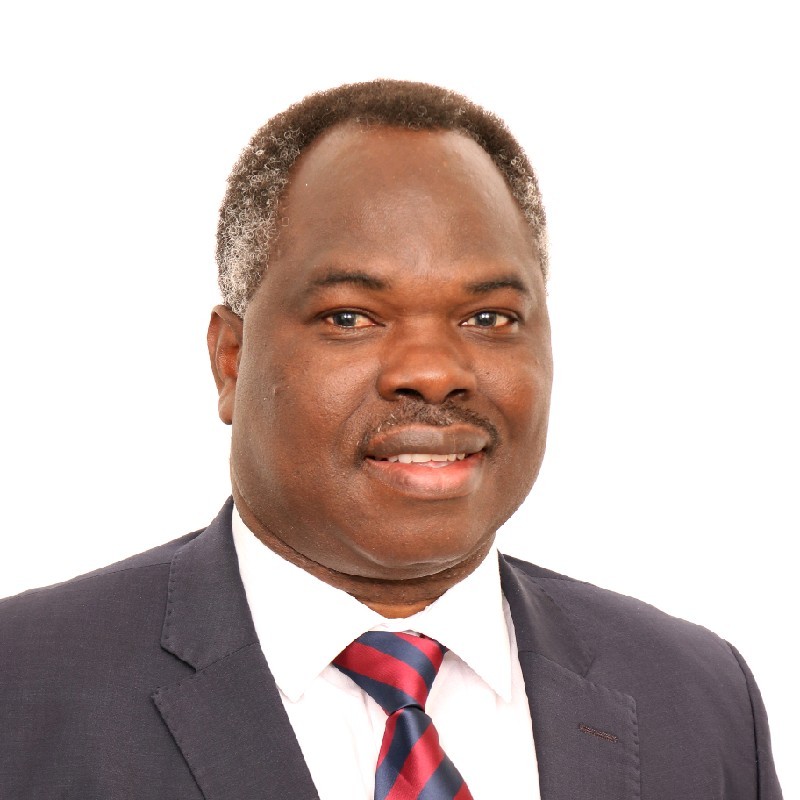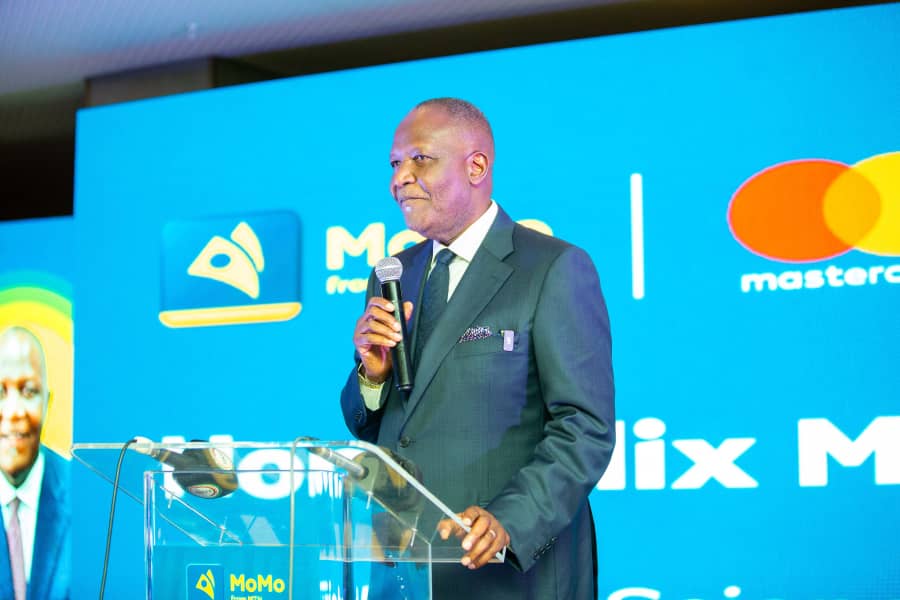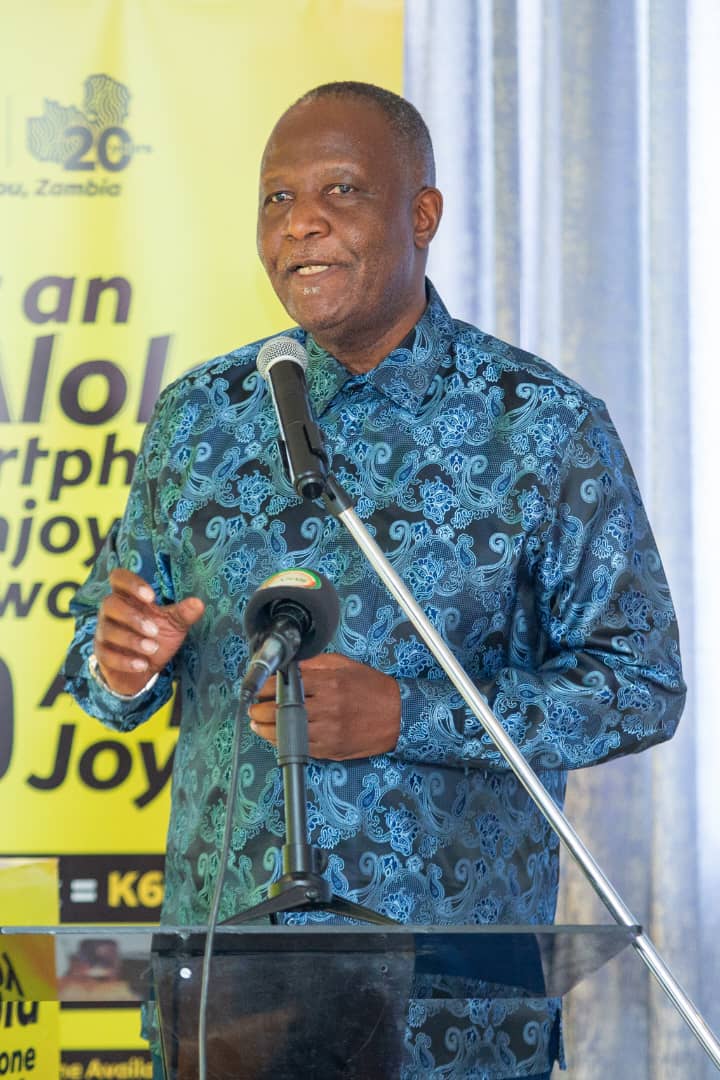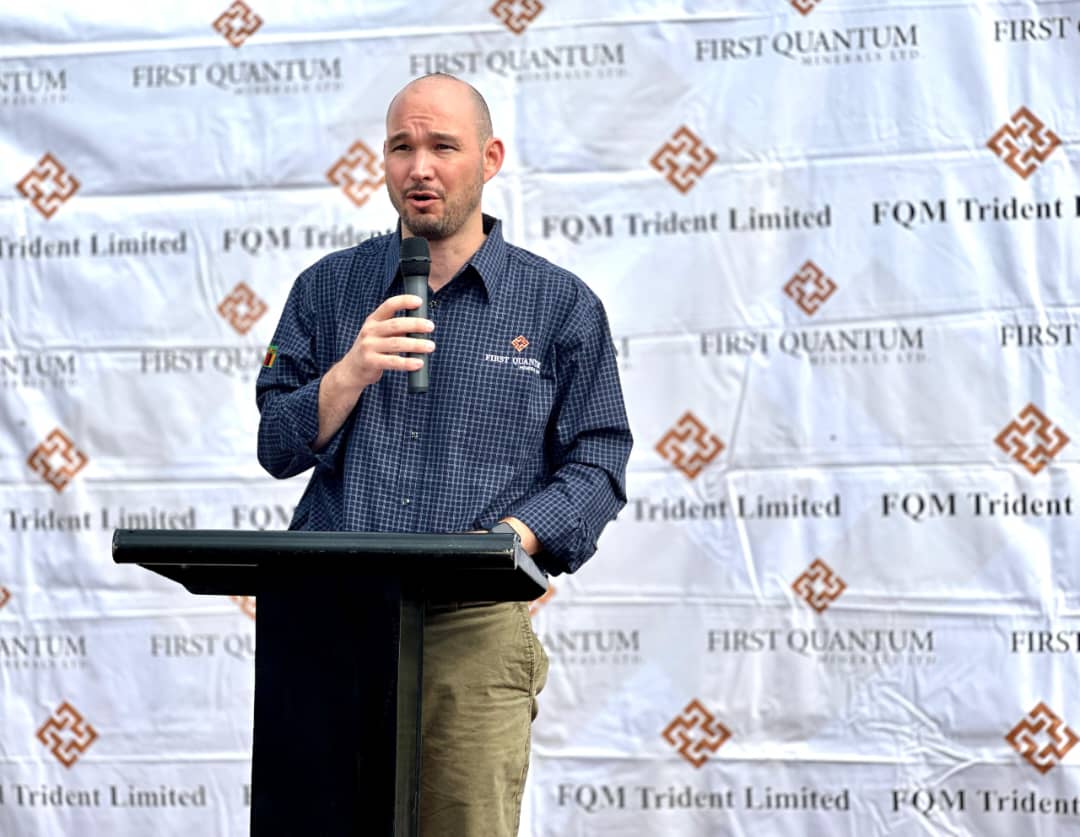Beyond all the turbulence of the past few years, Zambia has been through a lot. In November 2020, it became the Africa’s first Covid-era debt casualty and underwent negotiations to restructure its debt. Following the election of president Hakainde Hichilema last year, the country has made strides to get back on track, including securing an a IMF package of support worth $1.3bn in September.
Albert Halwampa, acting director at the Zambia Development Agency (ZDA), tells fDi why the country’s improved economic climate is instilling renewed confidence in Zambia, and why copper is its ticket to prosperity and a more sustainable future.
Q: Following Zambia’s default in 2020, how has the government been able to stabilise the business environment?
A: I think the business environment in Zambia has stabilised. Runaway inflation was at 24% but under the new government, inflation is now at 9%. Investors can predict what the cost of doing business will be next year. The debt for Zambia, which is around $13bn, has also been managed. This government has successfully negotiated with its creditors. Now that the debt is being restructured and there is stability of these macroeconomic fundamentals, we are seeing an inflow of foreign investors into Zambia, and this is remarkable because there is now confidence in the market.
Q: Do you see as Zambia’s path out of its current economic predicament?
A: Zambia is a copper-dependent country. We believe that the more we invest in it and attract investors in the copper industry, or help those investors that are already in Zambia expand, the better. For example, Canada-based First Quantum Minerals has committed $1.3bn to expand mineral production and exploration in Zambia.
We believe that the copper industry has a role to play to stimulate other sectors in the economy. But how do we, as a country, use the proceeds from the copper industry, which is almost 80% of export revenue? How do we then spill over these earnings into other sectors? How do we create value chains? How do we help the local manufacturers and local investors to partner with foreign investors to go into joint ventures to make sure that we grow the economy in an effective and sustainable manner?
While our traditional copper industry still has a big role to play in Zambia, we’ve got to be very smart to make sure that we do this in a very sustainable way in the long term. When these copper assets are depleted, our economy will have to be resilient. So it’s a question of using the copper industry to prop up other industries, as we’ve seen in oil-rich countries.








